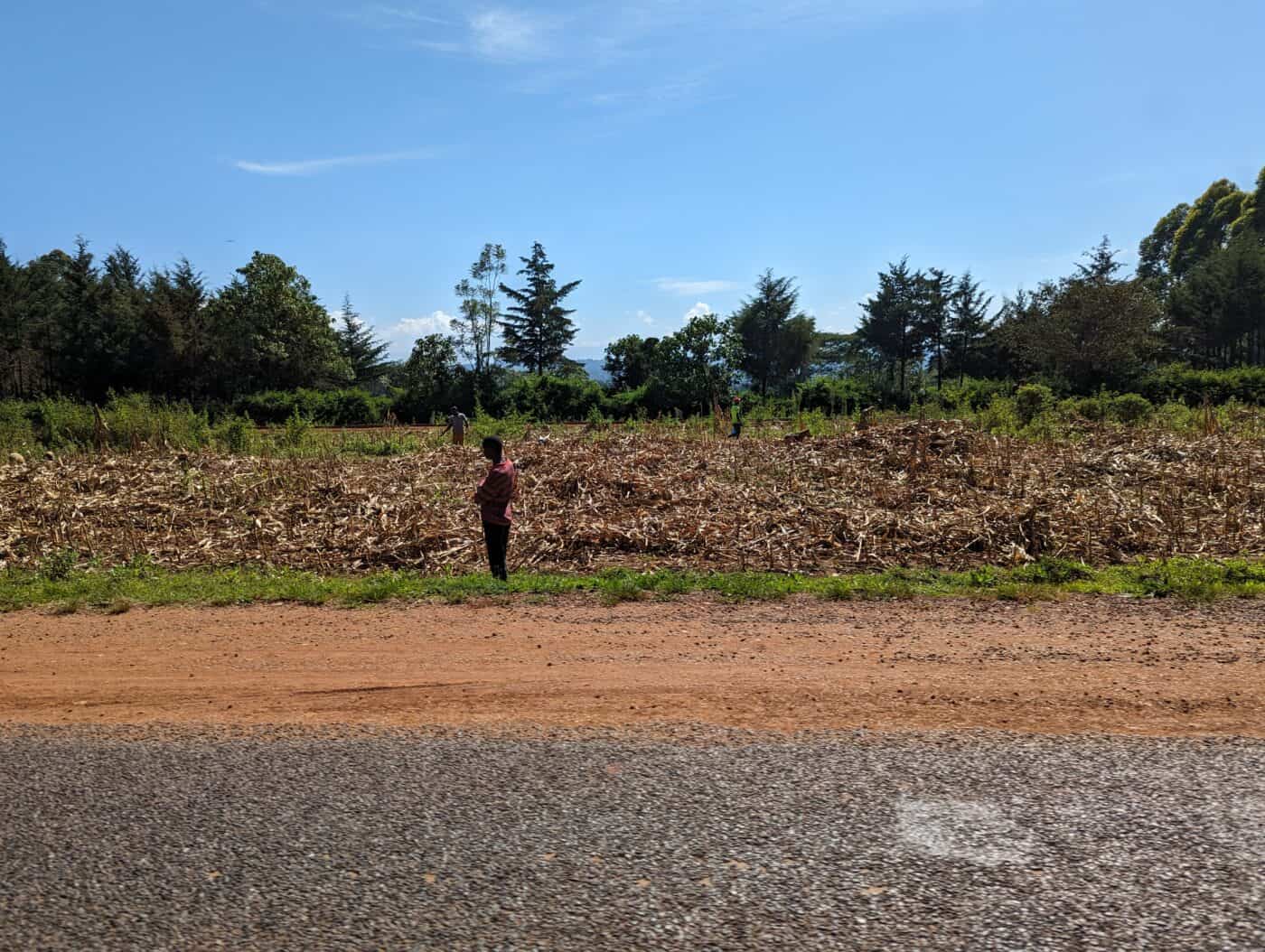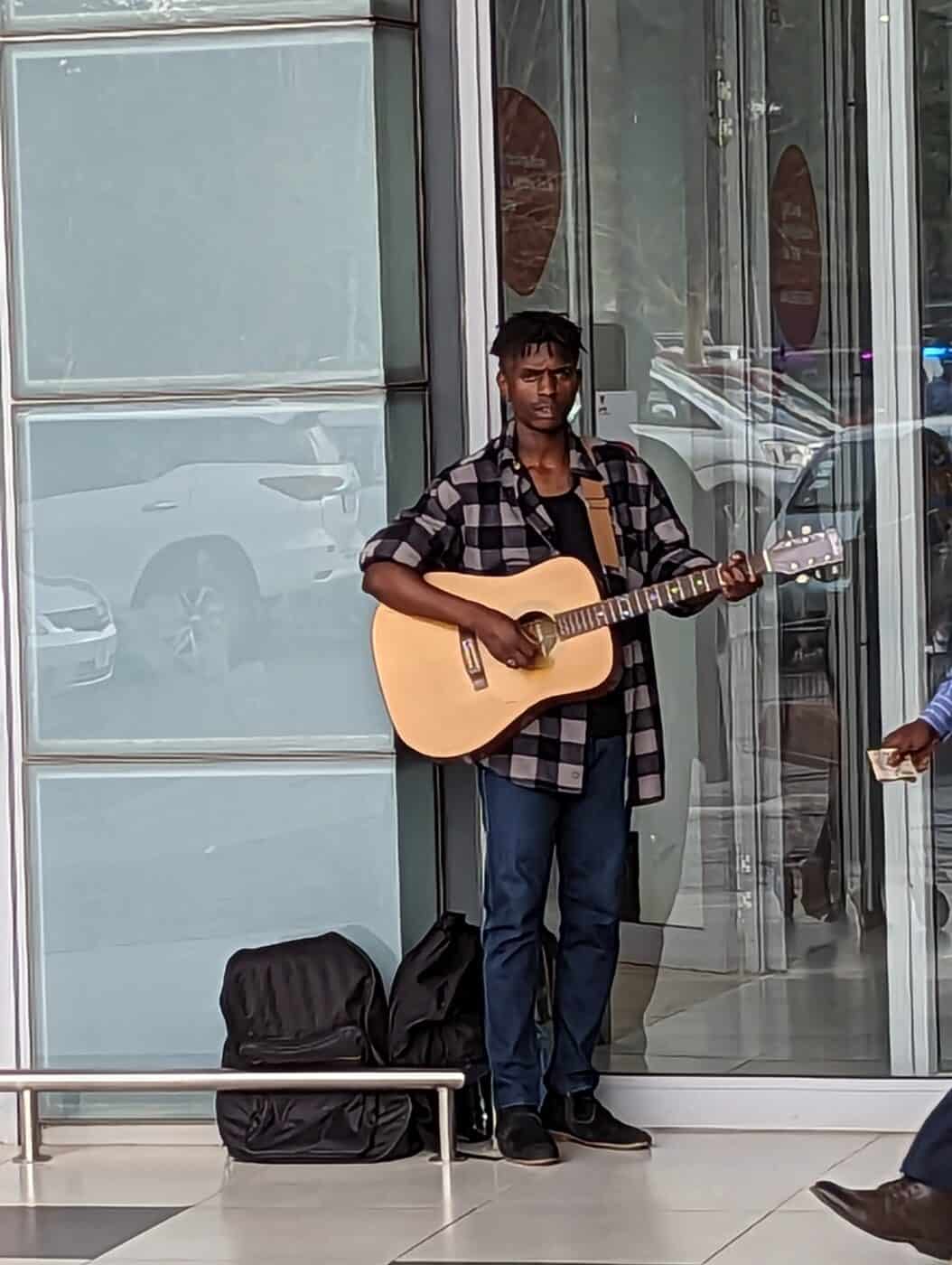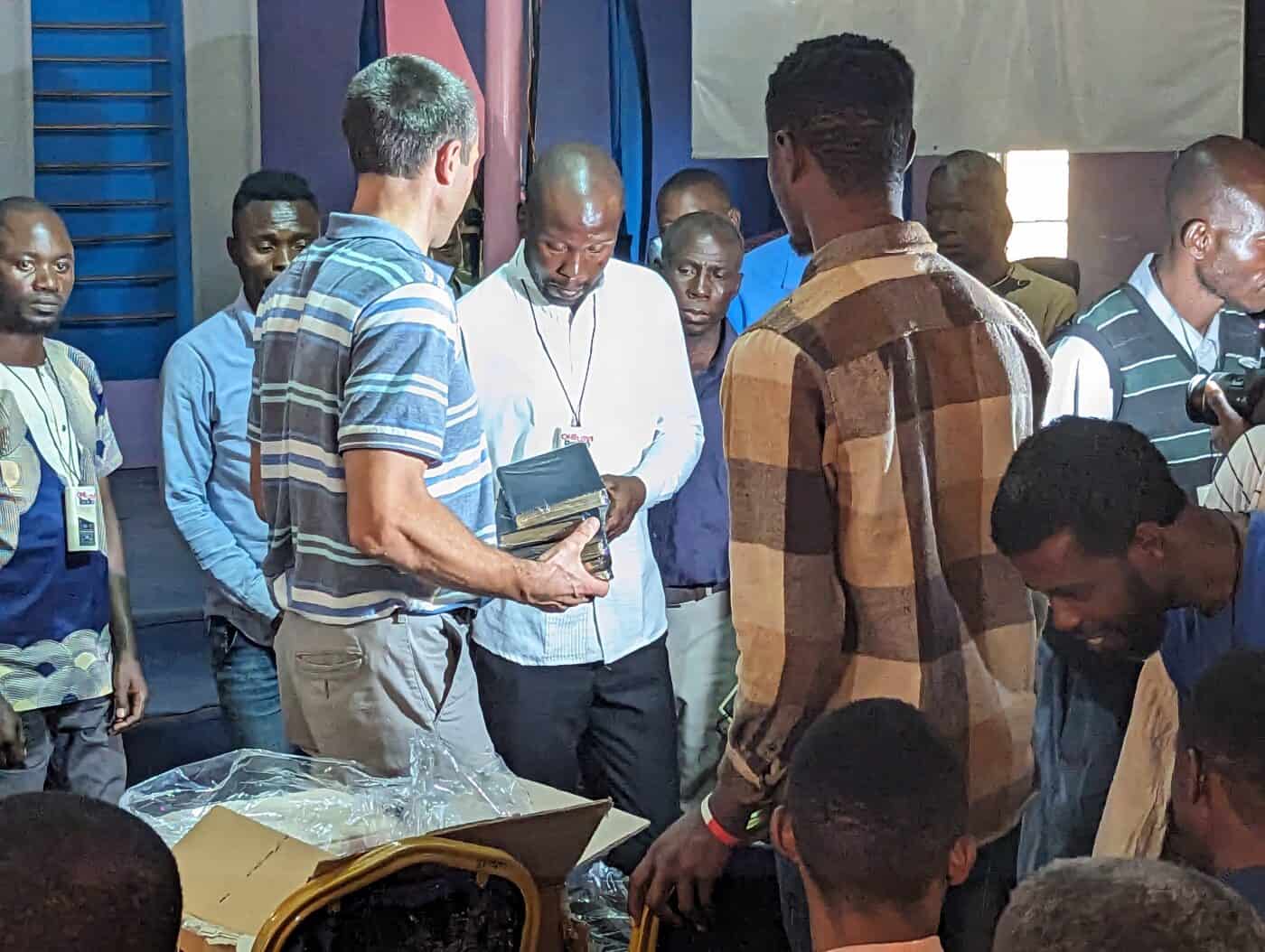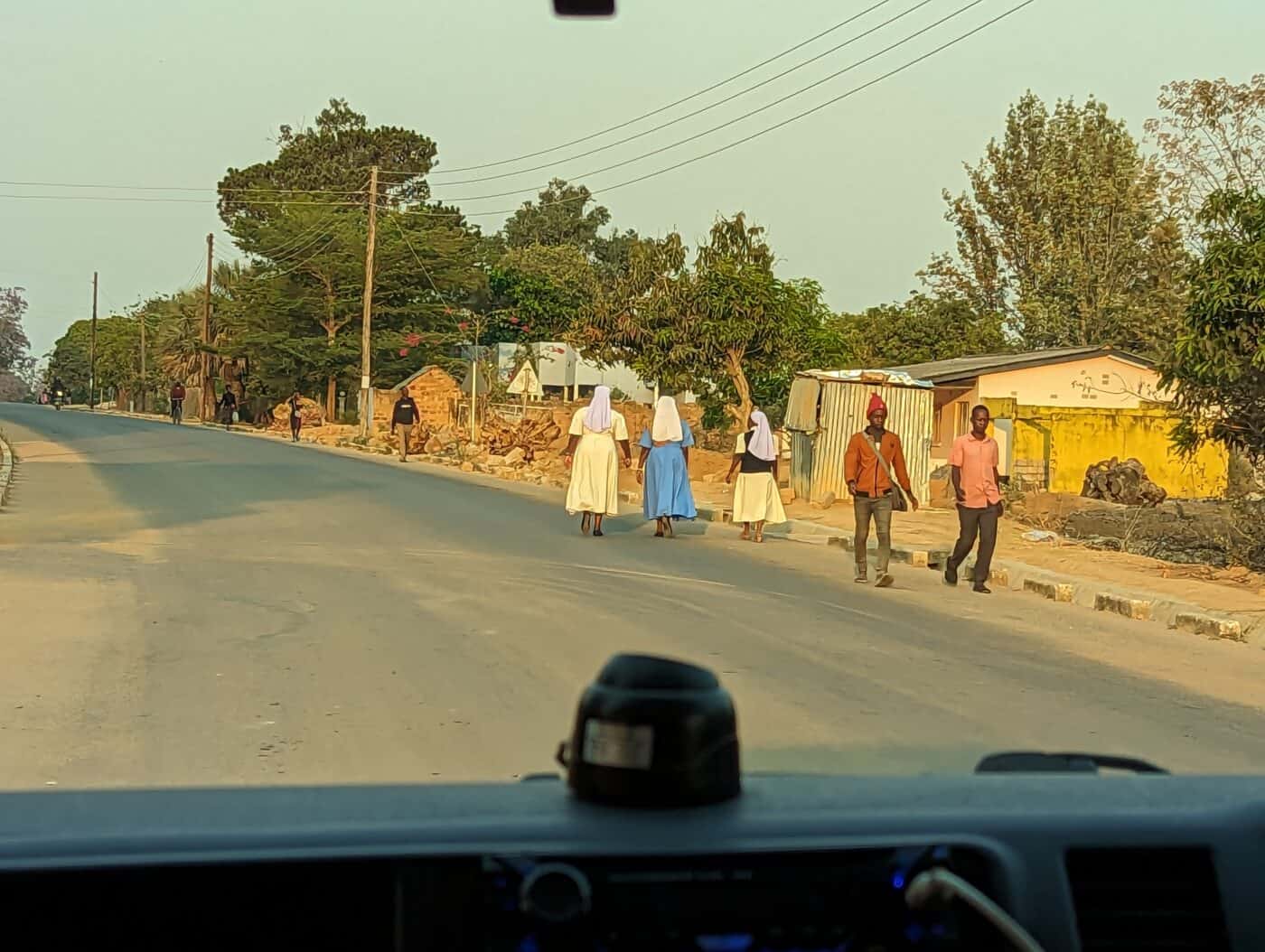
My short time in Africa was indeed memorable. There are many things that stand out to me as events and realizations that have enriched me and changed me. This is part of growing and maturing, but visiting another country with a distinctly different culture is a great opportunity for growth and introspection. A trip to a place as big and diverse as Africa is bound to cause some soul searching for a person with a contemplative or a philosophical bent. The obvious becomes more profound as you experience it firsthand. The world is a big place. The incredible mass of needy humanity easily becomes overwhelming to a small-town country boy like me. I suppose it is inevitable that we come face to face with our own inability to change the world and instead focus on the hope that God can change us to be servants to His purposes and will. I’m reminded of the apostle Paul’s prayer for the Colossian church when he prayed:
Asking that you may be filled with the knowledge of his will in all spiritual wisdom and understanding, so as to walk in a manner worthy of the Lord, fully pleasing to him; bearing fruit in every good work and increasing in the knowledge of God; being strengthened with all power, according to his glorious might, for all endurance and patience with joy; giving thanks to the Father, who has qualified you to share in the inheritance of the saints in light. Col 1:9b-10
I’m glad that God can understand and is faithful to enlighten his children of His will for them as they serve Him.




Arlin Horst, Austin Musser, and I left our happy families and comfortable beds early Monday morning to catch a jet at the Dulles International Airport bound for Africa. One of the first things we realized was the power of the American passport. Unbeknownst to any of us, Kenya had changed the rules about entering the country. Up to a week prior, an American citizen could simply apply for a visa upon arrival and enter the country without drama. We were informed upon arrival at the check-in kiosk that we would not be able to board without a Kenyan visa. This was not good news and caused an immediate foreshadowing of what would be inevitable after almost two weeks of African food. This anxiety-induced queasiness was quickly dispelled by pragmatism, and we did what a good American is wont to do. We went over the heads of the desk agent and appealed to the reason of the manager. Ultimately, with the good help of Golden Rule Travel, we were able to proceed on course, largely, I think, because of the power of the American passport. We entered the country of Kenya, without drama and proceeded with our adventure. Now this may like a small thing, but when you realize that a person from Kenya trying to visit the United States needs around nine months to process his visa application and that he or she would need a sponsorship to even apply for the visa, which may or may not be approved, our entry into Kenya in spite of changes to visa policy may impact our sensibilities more realistically. The color of our skin and the passport we held, gave us special treatment throughout our exploration of Africa. How things might have been different for Livingston had he possessed these privileges!
I speak in jest about Livingston, but the impact he made, or perhaps I should say, the impact his countrymen has had on Africa is hard to quantify. There is no doubt that the missionaries that followed the explorations of Livingston have had a positive impact on great portions of Africa. He has inspired many people to get involved in bringing hope to Africa in what in the late 1800’s has been called, the “Scramble for Africa.” Unfortunately, this also brought men who wanted to exploit the riches of the African minerals and resources. Africa had long been exploited by men in the slave trade, but now people began to also pillage the earth itself.
Why is this important in this short blog post? It is important because it impacts the perception what white men from the West will inevitably carry with them into Africa. The white man is seen as either a pillager or a savior but rarely an equal traveler or pilgrim. This impacts everything from lodging to brokering a deal at the grocery store. White skin translates to wealth and prestige for those fortunate enough to be friends with the white skinned man. Understanding this is unsettling to me, because many people, including Livingston, would love to help by giving material bounty to those in need. While this is important in the short term, it is destabilizing in the long term. How much better is it to teach a man to fish than to give him a fish? We all know this adage but what does this look like in practice in a place with as many needs as Africa?







Coma back next week, for the second part of this blog post on the recent trip to Africa (Kenya & Zambia)!
-Kenneth Martin, HOH Board
